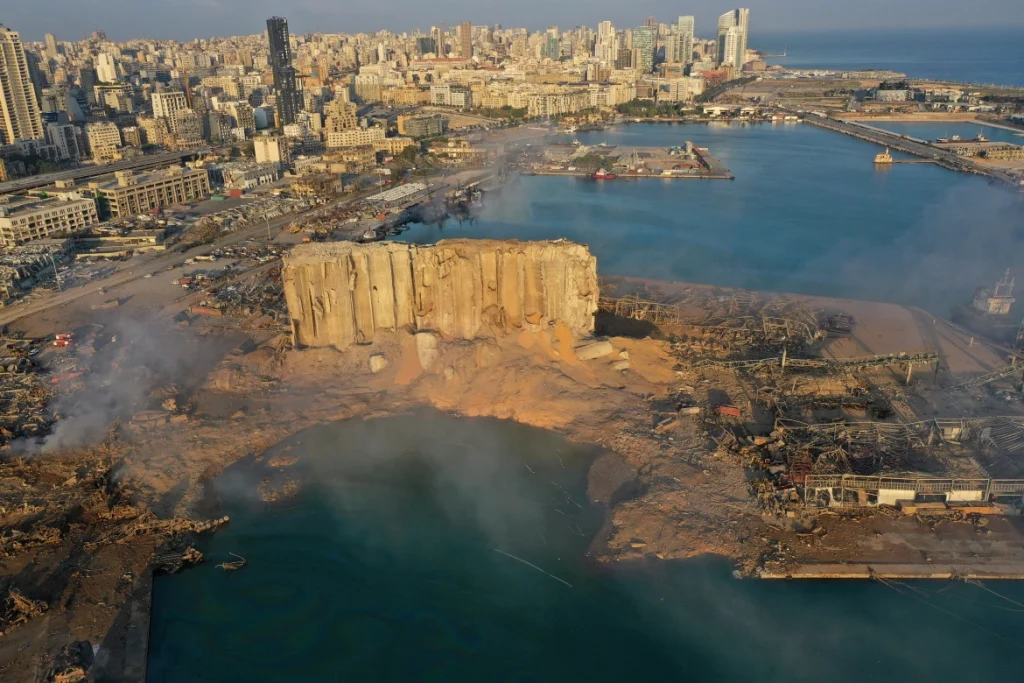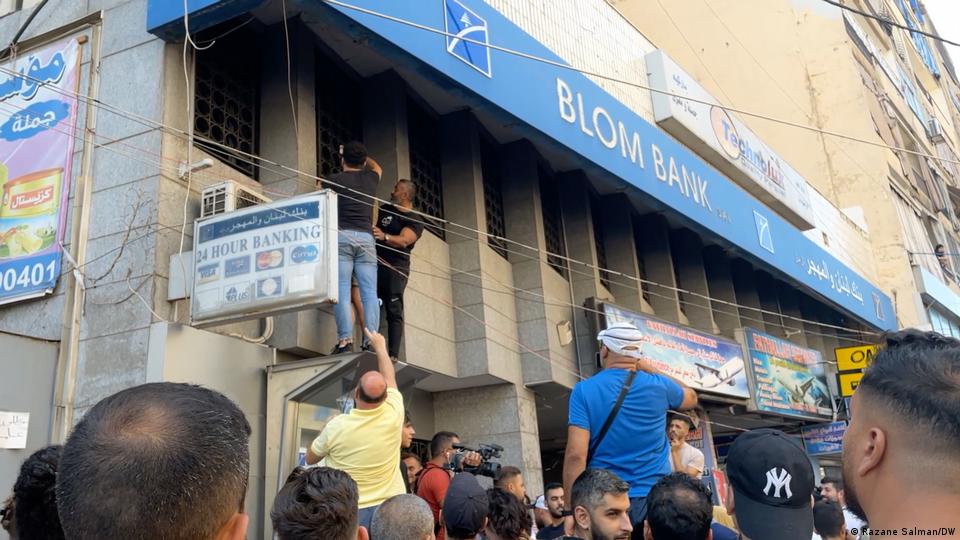Lebanon Undergoing an Economic Crisis

By: Souria Dabbousi / Arab America Contributing Writer
Lebanon is facing one of the world’s worst economic and financial crises in the last 150 years. This is due to a lack of foreign currency reserves, which led to the devaluation of the Lebanese pound and a sharp increase in inflation over the past few years. The coronavirus outbreak and the bombings at the Port of Beirut made circumstances worse by displacing hundreds of thousands of people, pushing the jobless rate above 40%.
Currency Crisis
September 2019 is when the dollar rate officially began to gradually inflate. Due to the breakdown of Lebanon’s banking sector, the exchange rate has split into numerous separate values since September 2019. Within six months, five unique Lebanese pound exchange rates were established against the US dollar.
The official government rate of the Lebanese Lira is 1,507.5 = $1 US Dollar. Since Lebanon’s financial crisis in 2019, even though this official rate has been set for more than 25 years, it is now essentially out of date. For the past couple of years, the dollar rate has been on a constant rise. with it originally being worth about 1,500 to now ranging about 60,000.
Economic Crisis

As the Lebanese Lira rises, the prices of goods rise as well. This has caused huge damage to the economic welfare of the country. Citizens are in a struggle and can no longer afford basic necessities. Street protests were held, grocery stores were closed, and bakers threatened to go out of business.
Lina Boubess, an avid Lebanese protester, gained the title of “Mother of the Revolution” due to her constant participation. Over the past three years, her life has undergone a significant transformation. “All my life changed. That’s why I am on the street,” she said. In order to encourage the younger generation, Lina participates in every anti-government protest in Beirut. Boubess believes that this generation lacked the self-confidence and assertiveness to demand its rights. It was a generation that learnt to persevere in the face of any odds, to endure all sufferings, and to navigate any difficulties.
“When they cut off the electricity, we brought generators. When they didn’t provide us with water, we bought our own.
Wages
Due to the rise in inflation, workers have seen changes in their wages. The majority of Lebanese workers praised the pay increase, although some labor organizations criticized it, stating that it fell short of expectations and that workers making more than $1200 were not eligible for raises. Others, mostly opposition lawmakers, attacked the raises as a whole, claiming that they would burden small businesses, some of which would even close.
Those below the poverty line, which are about 15% of the population, make around $2,500 annually. As for the middle class, which make about 54% of the population, make about $9,000. The upper middle class, 32%, make between $15,000-$27,000 and the upper class which only make about 7% of the Lebanese population make about $30,000 and above.
Explosion Aftermath

Outside of this economic tragedy, the effects of the Port of Beirut explosion have spread beyond this tragic event. This blast which has killed more than 200 people and destroyed areas of the Lebanese capital has played a role in Lebanon’s current economic crisis. On August 4, 2020, the port of Beirut, Lebanon exploded causing the death of over 200 people and leaving 7,000 injured.
The cause of this explosion? A cargo with a large amount of ammonium nitrate was stored in the port without any safety measures. It has been kept there after having been confiscated by Lebanese authorities from MV Rhosus 6 years ago, which is an abandoned cargo ship owned by Russian businessman, Igor Grechushkin. The explosion was so strong that it physically rocked Lebanon as a whole. It was felt in the neighboring countries of Palestine, Syria, Jordan, and Turkey as well as certain parts of Europe.
This explosion increased Lebanon’s long-term structural vulnerabilities, which already include poor infrastructure (such as a broken electricity system, scarce water supplies, and insufficient solid waste and wastewater management), poor public financial management, significant macroeconomic imbalances, and declining social indicators.
Check out Arab America’s blog here!









